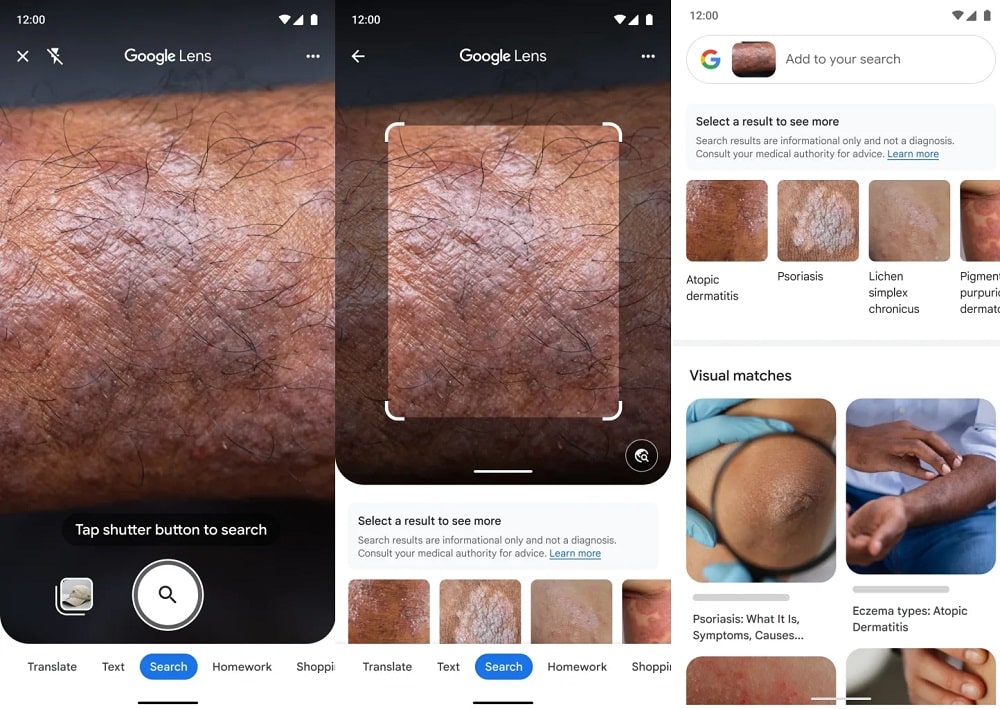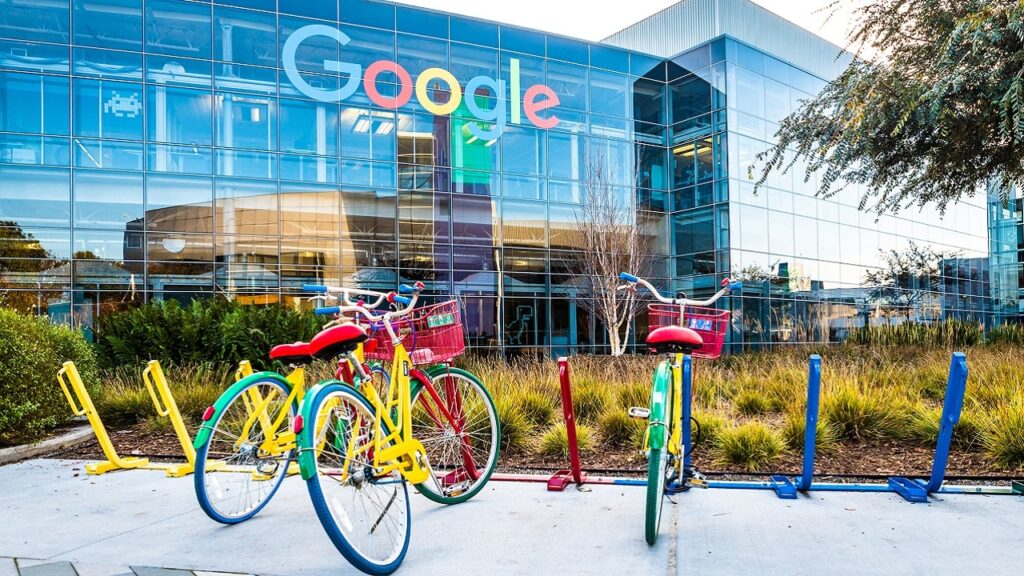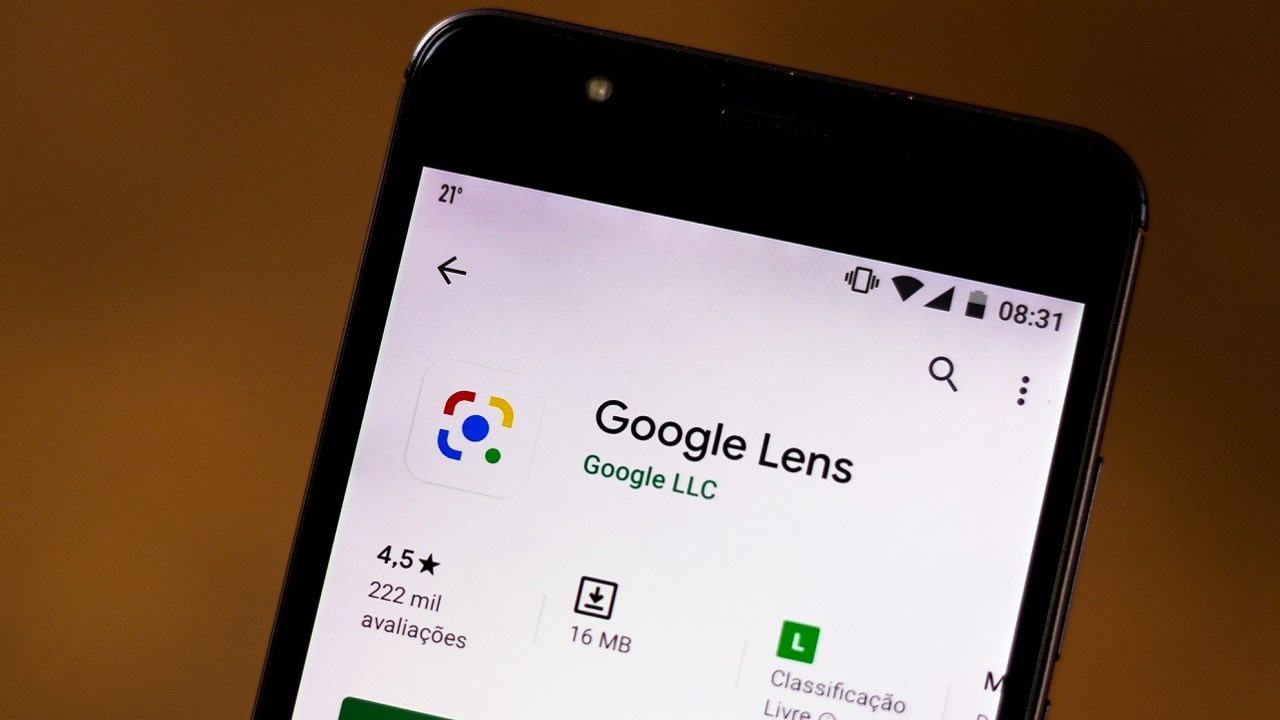Google is continuously improving Google Lensits computer vision-based app that shows information about the objects it recognizes, with new features: the novelty is that it can analyze similar skin diseases and conditions. So if you have spots and rashes you can ask Google what it thinks: he is not a doctorbut it may give you an idea of what the problem is.
Google Lens recognizes skin diseases with camera and AI
By uploading an image or photo via Lens, you will start a search for similar visual resultsi, which could help identify the skin condition. This function is also particularly convenient for other physical problems that it is not easy to describe with words (such as a growth on the lip, streaks on the nails or hair loss).
This is one step ahead of the AI-powered app that Google launched in 2021 for diagnose skin, hair and nail conditions. That app, which was first presented in the EU, faced barriers to entry in the US, where it would have to be approved by the Food and Drug Administration – while Google has decided not to require approval.

However, the Lens feature might come in handy for people who they must decide whether to seek medical care or pharmacy treatment. It is not a “virtual doctor”, but a first step to understand if it is worth worrying or if you can book a visit to the dermatologist more calmly.
Integration with Bard
Already in the announcements of the Google I / O conference, the Mountain View company had explained that now Lens integrates with Bard, Google’s AI-powered chatbot experience. Users will be able to include images in their Bard prompts and Lens will work in the background to help Bard understand what is being displayed. For example, by showing a photo of shoes and asking what they’re called, Bard – informed by Lens’s analysis – will provide an answer.
A useful function of Lens and Bard together could be to help people decide whether to seek medical care or over-the-counter treatments, showing them information about skin conditions.
AI in all Google products

Last week, Google introduced a feature that allows Bard to write, run, and test its code in the background and in May, he inked a deal with Adobe to bring the artistic generation to Bard.
But the benefit of generative AI will need to extend to all of Google’s products. Like the ability to give more precise directions on Google Maps or to “let us try on clothes virtually” while shopping online. And also to help us identify health problems – without replacing healthcare professionals.















Leave a Reply
View Comments